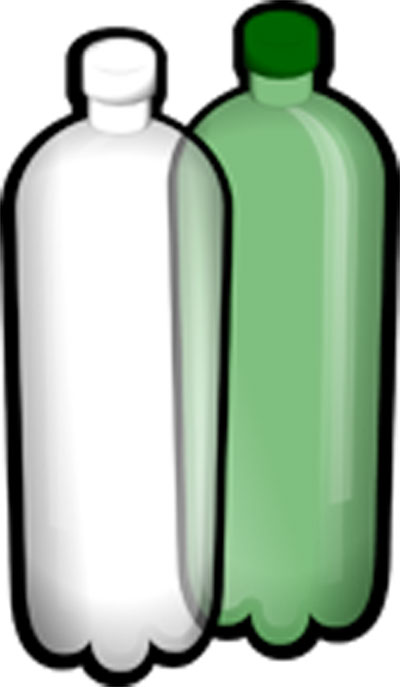Thousands of chemicals in daily plastic revealed to be harmful

[bottles, Photo Credit to Pixabay]
On March 14, the PlastChem Project by the Norwegian University of Science and Technology revealed in a research paper that out of 16,000 different plastic chemicals currently identified, 4,200 chemicals were, at minimum, harmful to humans.
Currently, plastic is considered to be a remarkable innovation for humanity, as it has transformed the daily lives of many.
From small things like water bottles to toys, and even medical devices, plastic is used everywhere.
However, the extensive use of plastic has led to unintended consequences, exposing the public to harmful chemicals without their knowing.
According to the research team in charge of the PlastChem Project, a significant number of chemicals found in daily plastic products pose critical health and environmental risks.
Surprisingly, only about 980 of the 16,000 chemicals identified in plastic are regulated, which covers about 6% of known plastic chemicals.
The PlastChem Project assessed harmful chemicals based on four criteria: persistence, mobility, bioaccumulation potential, and toxicity.
Accordingly, the report pointed out three chemicals in particular, being perfluorinated substances, phthalates, and bisphenols.
Perfluorinated substances are found in fast-food packaging and non-stick cooking utensils, which may lead to cancer, liver damage, and even birth defects.
Phthalates are used to make plastics more flexible, which disrupts hormones, and is especially harmful to children.
Bisphenols are chemicals common in food packaging.
They mimic estrogen and can potentially affect the endocrine system, which also poses a threat to the creation of hormones.
Professor Martin Wagner, a biologist involved in the research project, stated that examining daily products revealed hundreds of dubious chemicals in common plastic items.
Furthermore, Jane Muncke, the Director of the Food Packaging Forum and co-author of the plastic research paper, warned that daily products like water bottles, cutting boards, and children’s toys, which we naturally believe to be harmless, may contain harmful chemicals, contrary to the beliefs of many.
Children, with their developing bodies, are particularly vulnerable to toxins.
However, their closest friend, plastic toys, may serve as a direct path for dangerous chemicals.
Another critical finding revealed that this applies to medical devices, which many people believe can cure people.
For instance, blood bags used for transfusions, which are typically made of PVC, may contain phthalates that are detrimental to children.
The research team highlighted a significant knowledge gap, noting that over a quarter of known plastic chemicals lack basic identification information.
Regulatory loopholes and industry resistance further complicate efforts to address the risks regarding plastic chemicals.
The team found that hundreds of plastic chemicals are present in people, some of which are very harmful.
Thus, experts emphasized the need for global and national regulations to protect health and the environment.
On the other hand, the plastic and petroleum industries claim their products are safe and recyclable.
However, along with the PlastChem Project, recent investigations revealed decades-long deception regarding the feasibility of plastic recycling.
In fact, recycled plastics may pose an even greater danger.
The research team emphasized the global desire to tackle the plastic issue, yet it can only be achieved by properly addressing the problematic plastic chemicals in our daily lives.

- Hoyeon (John) Kim / Grade 11
- Chadwick International School

![THE HERALD STUDENT REPORTERS [US]](/assets/images/logo_student_us.png)
![THE HERALD STUDENT REPORTERS [Canada]](/assets/images/logo_student_ca.png)
